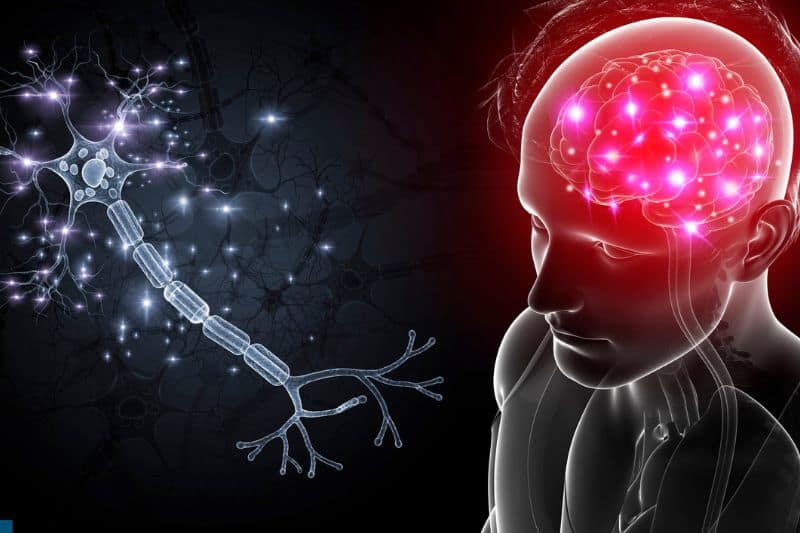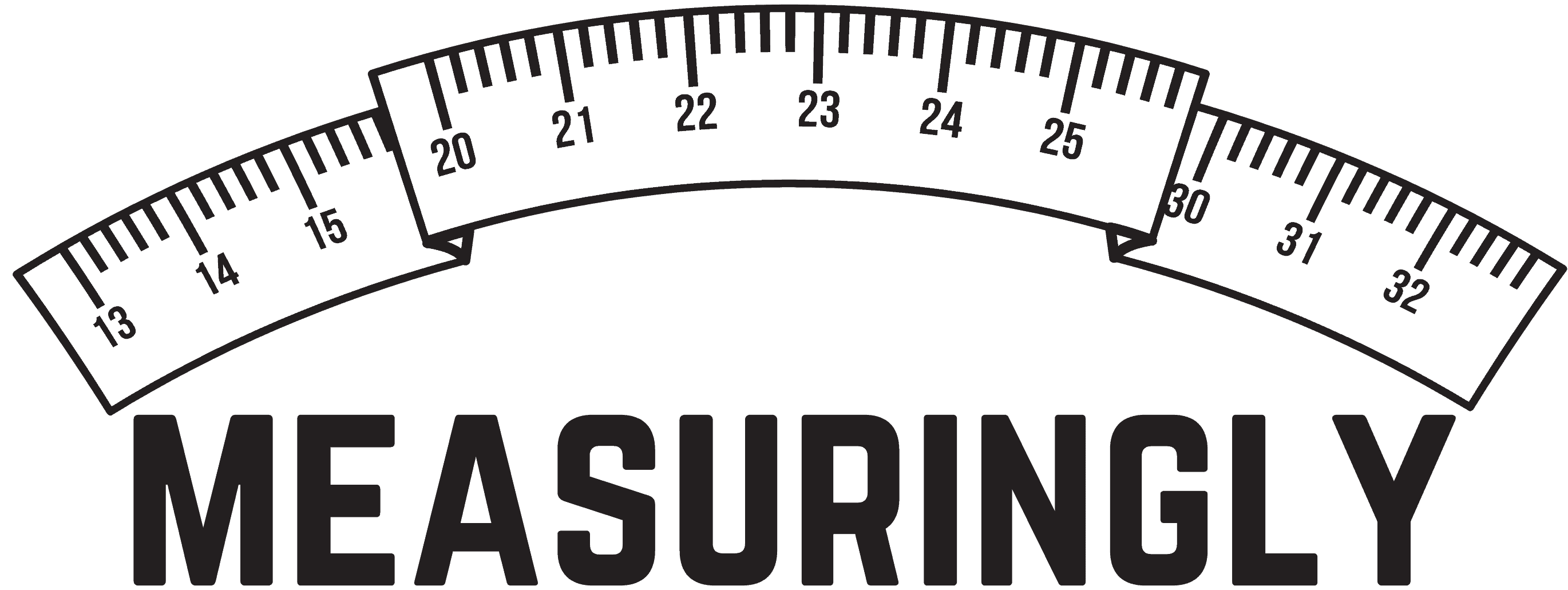You may have found yourself pondering about the weight of the human brain and how it plays a crucial role in our lives. As the control center of our body, the brain is responsible for our thoughts, emotions, and actions. But how much does this vital organ weigh?
Well, the weight of your brain might surprise you. An adult human brain weighs about 3 pounds (1.4 kg). However, the brain’s weight can vary depending on age, gender, and overall health.
It’s also important to note that the brain’s size and weight do not directly correlate to intelligence or cognitive abilities. So, even though your brain may be relatively small, it still has immense power to impact your life in countless ways.
Read: How Much Does a Penis Weigh? (Answer Revealed)
The adult human brain weighs about 3 pounds (1,300-1,400 g) which is about 2% of the total body weight. The average brain weight in men without brain disease is 1336 grams and the average brain weight in women without brain disease is 1198 grams.
Measuringly.com
Brain Weight Basics
Let’s dive into some interesting facts about your brain’s weight. Your brain is an incredible organ responsible for processing information, directing your body’s movements, and even storing memories.
The adult human brain weighs about 3 pounds (1,300-1,400 g) which is about 2% of the total body weight. The average brain weight in men without brain disease is 1336 grams and the average brain weight in women without brain disease is 1198 grams.
An adult human brain generally weighs about 3 pounds (1.4 kilograms). However, individual brain weight can vary based on age, sex, and overall body weight. For instance, men typically have slightly heavier brains than women, and individuals with larger body sizes might have somewhat larger brains.
Your brain is made up of several key parts: the cerebrum, cerebellum, and brainstem. The cerebrum, which is the largest part, accounts for about 85% of your brain’s total weight. This area is responsible for many higher mental functions, including problem-solving and decision-making.
The cerebellum, on the other hand, is in charge of muscle coordination and balance. Finally, the brainstem controls vital functions like breathing and heart rate.
When comparing your brain’s weight to that of other animals, it’s essential to consider relative size. While a human brain is larger and heavier than a mouse’s brain, for example, the mouse brain takes up a larger percentage of its body weight. Similarly, even though an elephant’s brain is much heavier than ours, it only accounts for a small percentage of its body mass.
Overall, your brain’s weight is important in helping you navigate the world around you. Although it only makes up about 2% of your body weight, it’s a powerhouse of an organ, constantly working behind the scenes to keep everything running smoothly.
And remember, even though it’s fun to learn about your brain’s weight, what truly matters is how you use your incredible mental capacities to learn, grow, and positively impact the world around you.
Factors Affecting Brain Weight
Various factors can influence the weight of your brain. In this section, we’ll briefly discuss how age, gender, genetics, and health conditions can play a role in determining the weight of your brain.
Age
As you age, your brain undergoes several changes that can affect weight. During childhood, your brain rapidly grows and develops, reaching its peak size around adolescence.
From there on, there is a decrease in the total brain volume, though it doesn’t imply a decline in cognitive abilities. The decrease in brain weight may be due to the loss of brain cells or the decrease in the size of cells.
Gender
There is a difference between male and female brain weight, although this doesn’t necessarily indicate a difference in intelligence or cognitive abilities. Generally, males tend to have slightly larger and heavier brains than females.
However, it’s essential to remember that the brain’s primary function is maintained due to connections between the cells rather than only the size or weight.
Genetics
Your genetic makeup has a significant role in determining the weight of your brain. Factors such as the thickness of the cerebral cortex or the overall structure of brain areas can be inherited from your parents.
While genetics may not be the sole determinant, they contribute to individuals’ brain weight differences.
Health Conditions
Various health conditions and lifestyle choices can influence your brain weight. Conditions such as Alzheimer’s or Parkinson’s disease can cause deterioration and degeneration of brain cells, leading to a lighter brain.
Conversely, regular physical exercise and mental stimulation may help maintain a healthy brain weight. Proper nutrition, including essential vitamins and minerals, is vital for a healthy brain.
Remember, these factors only provide a general understanding of the influences on brain weight. Your unique brain can accomplish many incredible things, regardless of weight.

Brain Weight in Other Animals
Don’t you find it fascinating how brain weight varies among different animals? Let’s explore the brain weights of various animals and see how they compare with the human brain.
As a human, your brain weighs around 1,300 to 1,400 grams (2.87 to 3.08 pounds). Knowing other animals’ brain weights can give you some interesting insights.
Birds, for instance, possess relatively small brain masses. A tiny hummingbird’s brain only weighs about 0.6 grams. On the other hand, the brain of a house sparrow weighs about 2.9 grams. Though small, these bird brains are highly specialized and efficient for their size.
What about our favorite pets? A cat’s brain weighs 30 grams on average, while the typical dog’s brain weighs around 72 grams. This difference in brain size doesn’t necessarily mean dogs are smarter than cats; it’s more about how their brains function and adapts to their domestic roles.
Marine animals offer some surprising comparisons. Dolphins, known for their intelligence and complex social behaviors, have a brain-to-body weight ratio similar to humans. Their brain weight can range from 0.9 to 1.7 kilograms (2 to 3.7 pounds).
In contrast, the brain of a blue whale, the largest animal on Earth, weighs approximately 6.92 kilograms (15.4 pounds). Despite its massive size, the whale’s brain-to-body weight ratio is only 0.007%.
In mammals, elephants stand out with their impressive brain size. An adult elephant’s brain can weigh up to 5 kilograms (11 pounds), making it the heaviest brain among land-dwelling animals.
Their large brain size is thought to be correlated with their advanced social structures and their episodic memory, which allows them to remember events and locations over time.
The Brain’s Role in Body Weight
Your brain may not be the largest organ in your body, but it’s undeniably one of the most significant. It is crucial in controlling various bodily functions, including metabolism, significantly impacting your body weight.
It’s important to note that although the brain only makes up about 2% of your body weight, it consumes around 20% of your daily energy intake. This high energy consumption is essential for your brain to maintain its essential functions, like transmitting nerve signals and managing bodily processes.
You might wonder how your brain’s weight influences your overall body weight. An average adult brain weighs approximately 1.2-1.4 kilograms (about 2.6-3.1 pounds). This weight accounts for a relatively small proportion of your total body weight.
Besides regulating your metabolism, your brain also plays a significant role in regulating hunger and satiety. It does this through intricate interactions with hormones such as leptin and ghrelin.
These hormones send signals to your brain about your body’s energy needs. As a result, your brain adjusts energy intake and expenditure accordingly to maintain healthy body weight.
Interesting Facts about Brain Weight
Did you know that the average adult human brain weighs about 3 pounds (1.4 kilograms)?
That’s only about 2% of your total body weight! It’s fascinating how such a small organ plays an enormous role in controlling complex mental activities and your entire body.
There’s a significant difference in brain weight between males and females. On average, males have a brain weight of around 1350 grams (2.97 pounds), while females have a brain weight of about 1230 grams (2.71 pounds).
However, this doesn’t necessarily correlate with intelligence or cognitive abilities, as both genders have their unique strengths and abilities.
During the early stages of life, the brain undergoes a rapid growth. At birth, your brain weighs just about 350-400 grams (0.77-0.88 pounds) but quickly grows to reach 80% of its adult size by 3 years old. By the time you turn six, your brain weight has reached 90% of its adult size.
Brain weight varies across different animal species too. For example, an elephant’s brain weighs approximately 5,000 grams (11 pounds), which is the heaviest among all land animals.
In contrast, the brain of a mouse is a mere 0.4 grams (0.014 ounces). Even though an elephant has a larger brain, this doesn’t mean it is more intelligent than humans. It’s the density of neurons and brain structure that matters when it comes to intellectual capabilities.
Despite all the recent advancements in neuroscience, the connection between brain weight and intelligence remains a complex topic of scientific study. Factors like brain structure, neural networks, and neurons play a more critical role in determining cognitive abilities rather than just brain size or weight.
So next time you learn an interesting fact about the brain, remember to appreciate just how incredible this small yet powerful organ is!
Read: How Much Do the Lungs Weigh? (We Know)
What is the Weight of a Child’s Brain?
At birth, your baby’s brain weighs approximately 350-400 grams or about 0.77-0.88 pounds. As your child grows, so does their brain, reaching about 80% of its adult size by the age of 2. By the age of 6, a child’s brain typically weighs in at around 1.2-1.3 kilograms or around 2.6-2.8 pounds.
During the first year of life, you’ll notice your baby’s rapid development as their brain is growing at an astonishing rate. It triples in size in just 12 months. This growth isn’t just about size, but also about the connections and synapses as the brain learns to communicate with the muscles and other parts of the body.
Several factors can affect the weight of a child’s brain, including genetics, environment, and access to proper nutrition.
For example, it is essential for a child to have access to healthy foods, vitamins, and minerals to support the development of not only their body but their brain as well. A well-nourished brain can contribute to better cognitive abilities, emotional regulation, and overall mental health.
However, it’s important to note that while a child’s brain weight can provide some insights into their development, it’s not the sole indicator of intelligence or capabilities.
Other factors such as cognitive development, mental health, and emotional growth play significant roles in shaping a child’s intelligence and overall well-being.







